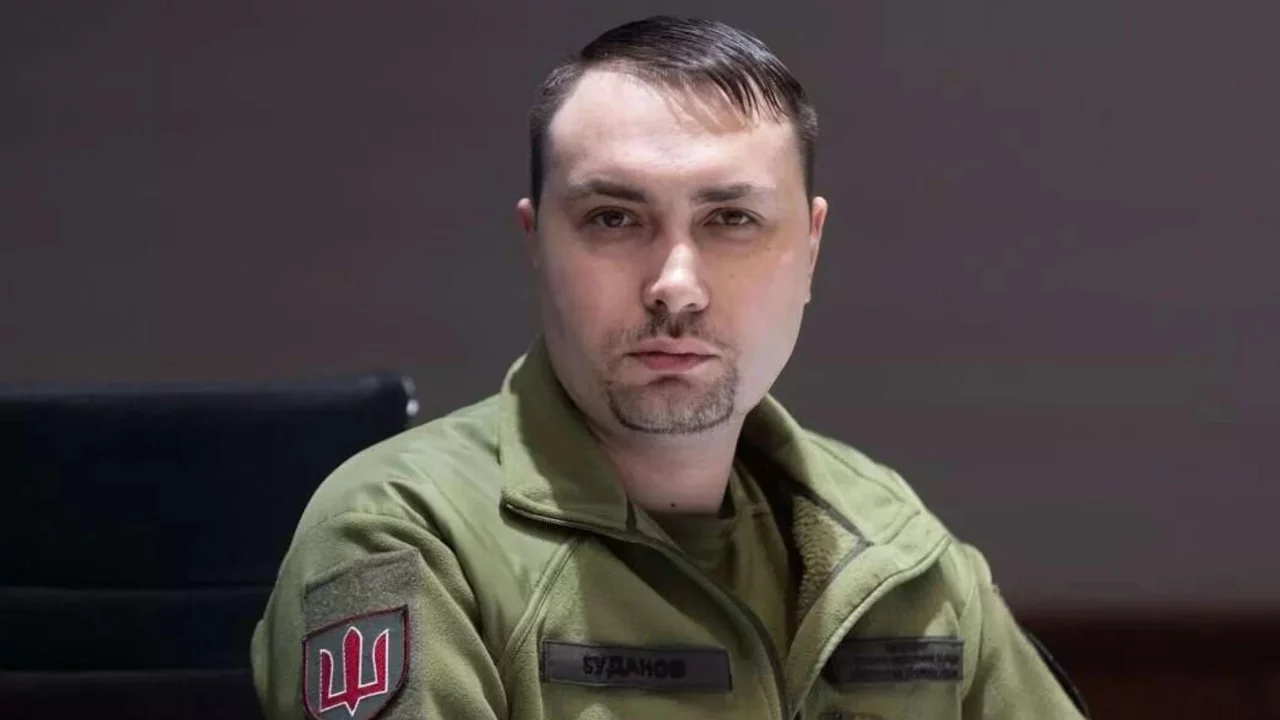Budanov: There are no enemies of Ukraine in Trump’s team

According to Ukraine’s military intelligence chief Kyrylo (Kiril) Budanov, the most important point for Ukraine on the new political stage in Washington is that there are no people around Trump who are openly its enemies. He said this during an interview, noting at the same time that there are those in the team who look with doubt, but more often there are those who believe the volume of assistance is insufficient.
Budanov stresses that there are political figures who take a firm position that support for Ukraine must not only be maintained but increased. First of all he named U.S. Secretary of State Marko Rubio and the president’s special envoy Kit (Kate) Kellog; their approach is clear: aid to Kyiv is part of America’s national interests. Therefore support must continue both in quantity and in quality.
Expanding this viewpoint, the intelligence chief reminded that Trump’s personal position changes over time under the influence of circumstances and new information. In his words, the U.S. leader has never been openly against Ukraine; on the contrary, Kyiv received its first American weapons precisely during Trump’s first presidential term.
Budanov added: “We can, and must, influence the U.S. president’s decisions through diplomacy, through the channels around him.” In his view, as a result of these dialogues in recent months a relative balance has taken shape between the interests of Kyiv and Washington.
That Kit Kellog has become a big voice for Ukraine is, according to Budanov, the result of such diplomatic work‑ups. General Kellog, who served in the first Trump administration as a national security adviser, was from that time within the Republicans’ “hawk” wing — that is, among those who advocated a hard line toward Russia. He has been promoting large‑scale arms supply, strengthening sanctions, and even a kind of “Marshall Plan” for Ukraine.
RBC-Ukraine writes that recent shifts on air defense systems are also thought to be linked specifically to Kellog’s active efforts. The Kyiv Independent publication writes that in recent weeks Kellog has become one of the central figures influencing Trump’s tougher steps toward Russia.
Budanov also emphasized that a clash between the principle of “America’s benefit” and “Ukraine’s interests” is not inevitable: military‑technical assistance serves U.S. geopolitical goals as well, by strategically weakening Moscow’s pressure. He acknowledges the skeptics but believes there are more in Washington who maintain a consistently friendly position toward Kyiv.
Although debates continue within the Trump administration (amount of aid, its conditions, sanction pressure), Budanov is not losing optimism: “In the end we will come to a common agreement,” he says. The Ukrainian side is working to keep dialogue channels with Washington open and to develop step‑by‑step agreements on new technological weapons and economic packages.
The current comments are from open sources; until strategic decisions are announced in the form of official documents, the numbers and wording may change. It is recommended to treat the information in the sources with caution. Read “Zamin” on Telegram!
Ctrl
Enter
Found a mistake?
Select the phrase and press Ctrl+Enter 





















